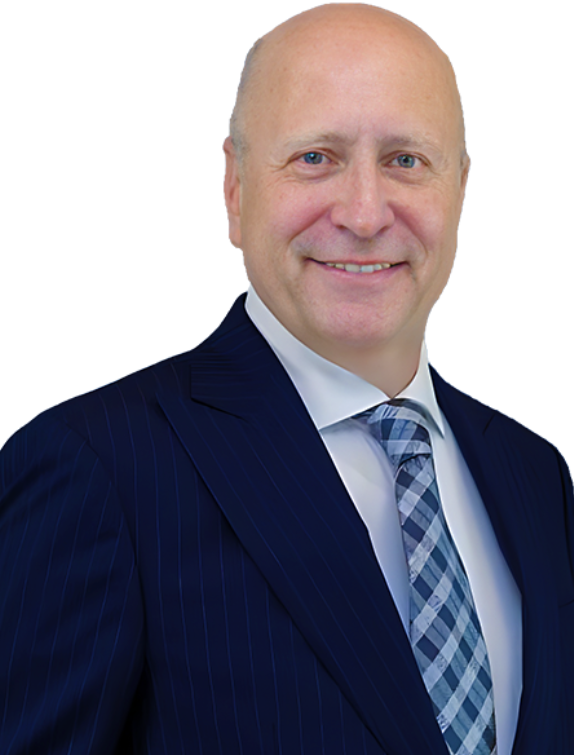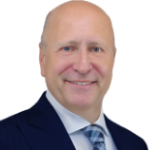Last year, Medicare turned 55. The federal program has grown up quite a bit over the years, as it now covers many more medical expenses than just hospital stays. Accordingly, the potential for fraud—and the scope of federal agents investigating Medicare fraud—has also significantly expanded. Simply put, Medicare fraud is the practice of illegitimately getting funds from the Medicare coffers. Medicare fraud swindles U.S. taxpayers of dozens of billions of dollars each year.
There are countless ways that doctors, HMOs, health care administrators, and even patients can defraud Medicare. Some of the most common ways, though, include:
- Phantom Billing— This broad category of Medicare fraud accounts for the majority of the money flowing from Medicare to fraudsters. Phantom billing can refer to health care providers billing Medicare for services or equipment that were never provided. Other times, providers bill Medicare for services or equipment that were provided, but unnecessary. Many times, providers involve patients in phantom billing schemes.
- Upcoding — The American Medical Association issues codes for every billable event that can be performed by a health care provider. Upcoding involves a doctor or provider submitting a different code for a service, device, or medical visit than what should have been submitted. For instance, a provider might upcode Medicare by sending the code for an MRI when only an ultrasound was performed.
- Unbundling — This is actually a common way that health care providers upcode Medicare. Occasionally, a bundle of services is included in a single CPT (Current Procedural Terminology) code with a reimbursement amount that’s lower than if each service in the bundle was billed separately. Some providers take advantage of this and “unbundle” billable events before sending the codes to Medicare. For instance, a doctor might send Medicare a request for reimbursement for each blood test in a panel instead of sending one code for the panel itself.
- Kickbacks — There are plenty of opportunities for doctors and providers to game the system by unlawfully using financial incentives. In one hypothetical arrangement, let’s say a specialist gets in touch with a general practitioner. The specialist offers a cut of every patient’s fee that results from a referral. Inevitably, patients who don’t necessarily need the services of the specialist become unwitting pawns for Medicare fraud when Medicare is billed for the specialist visit.
Medicare Fraud and COVID-19
While Medicare fraud has existed for decades, the practice has seen an explosion in interest due to the COVID-19 pandemic and subsequent demand for telemedicine services. Other trends that shape the environment of modern Medicare fraud are opioid prescriptions and abuse. We’ll take a closer look at these next month. If you have been accused of or implicated in a Medicare fraud scheme, you need experienced counsel, as federal prosecutors take these charges extremely seriously. Your consultation with Barry M. Wax, Attorney at Law is waiting.




